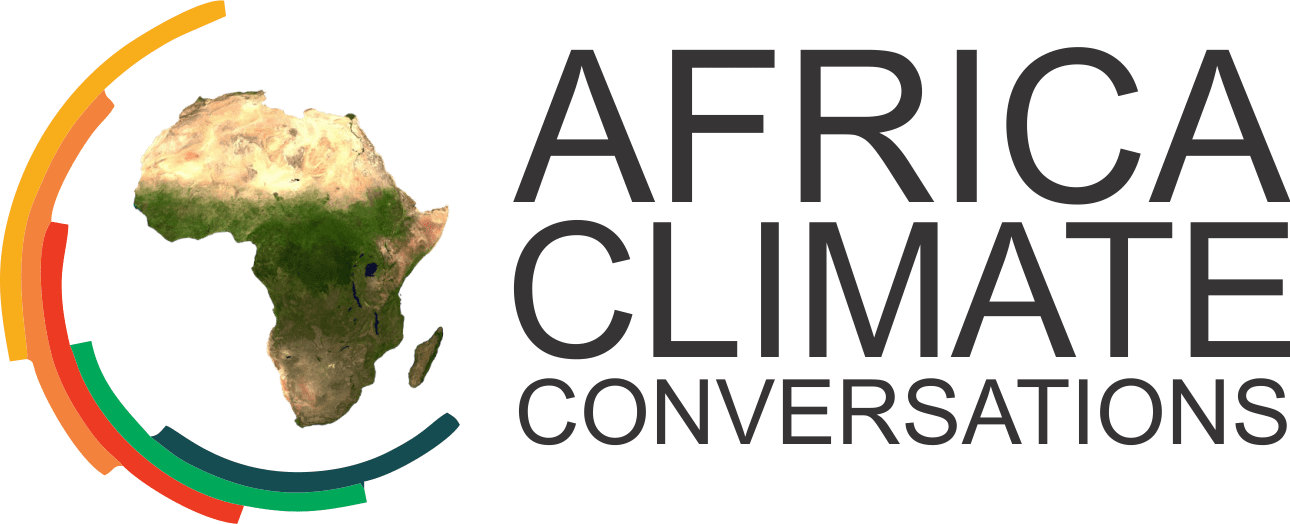
African nations are blessed with 30 percent of the world’s critical minerals. Minerals that the world needs to develop solar panels, wind turbines, renewable energy storage, electric vehicles, defence infrastructures, communication infrastructure, digital economy and many more.
However, past mining activities since colonial era has taught Africa taught lessons. Minerals, particularly diamonds, are widely believed to have been the main factor at the root of Sierra Leone’s decade-long civil war in the 1990s. In addition to the Sierra Leone conflict diamond drive civil war in Angola, and the Democratic republic of Congo led to the UN definition of blood diamonds in the 1990’s.
Click on the link below to listen to the full podcast.
As the world moves to cleaner technologies such as solar, wind, and electric vehicles there are about 50 minerals both metallic or non-metallic elements, including lithium, copper, nickel, cobalt, steel, aluminum, zinc, manganese, and the so-called rare-earth elements – which are essential to the functioning of modern technologies such as wind turbines, solar panels, electric vehicles, and energy storage systems.
In 2020, the World Bank estimated the production of minerals such as graphite, lithium, nickel and cobalt, could increase by nearly 500% by 2050 to meet the growing demand for clean energy technologies.
Why is human greed, the silent destroyer of nature’s fragile balance?
Therefore, a world rush to acquiring critical minerals required for these green energy technologies is inevitable.
But, has Africa learned from its past experiences? Should Africa move at the same pace as the rest of the world, or should it pace itself?
